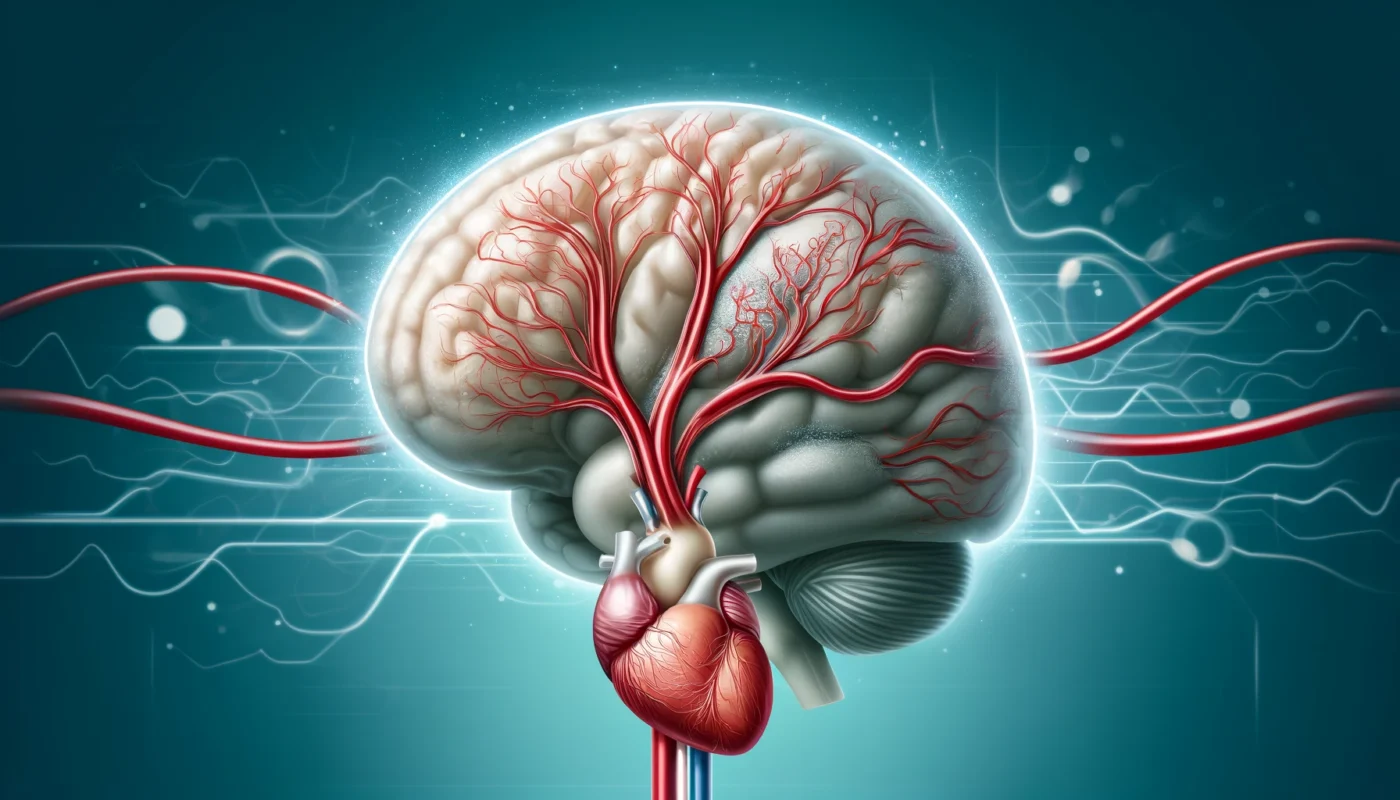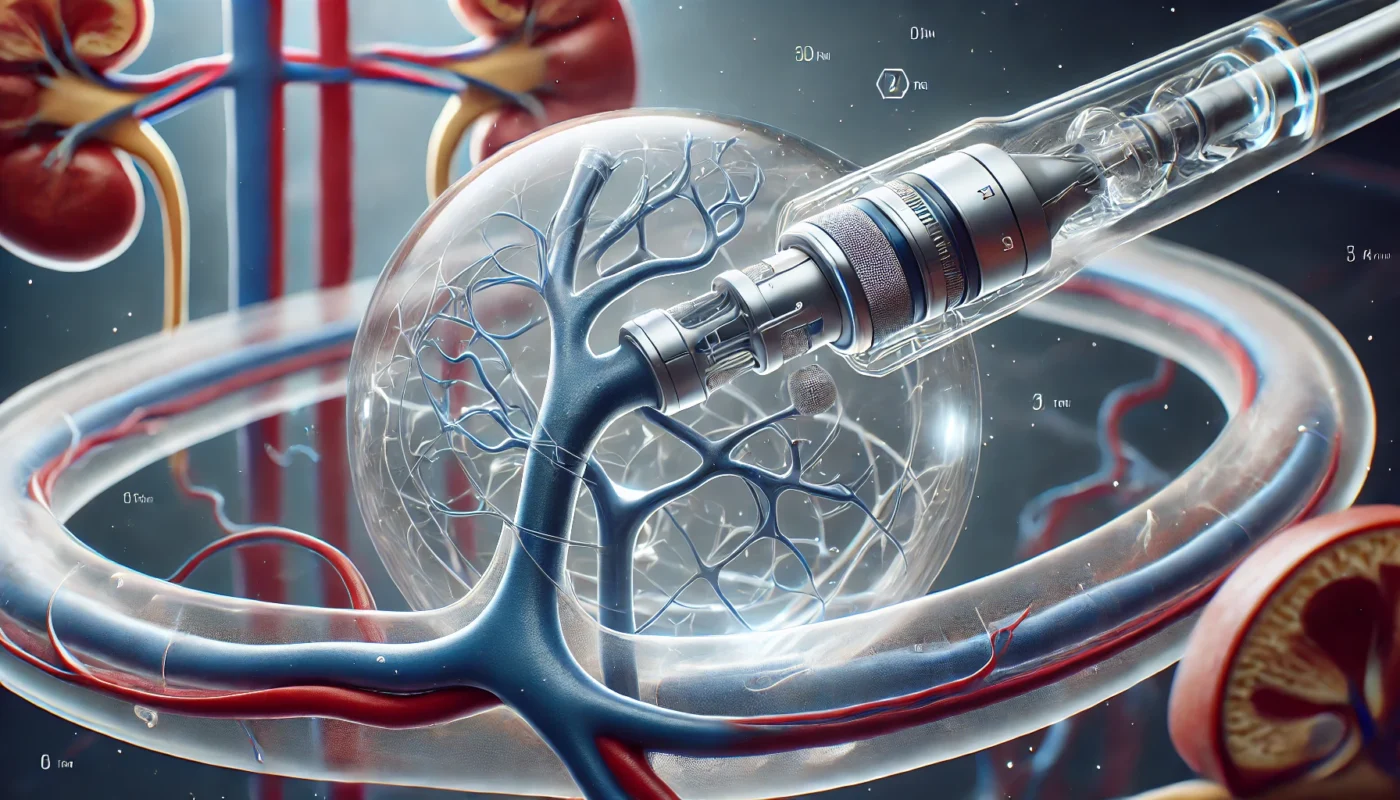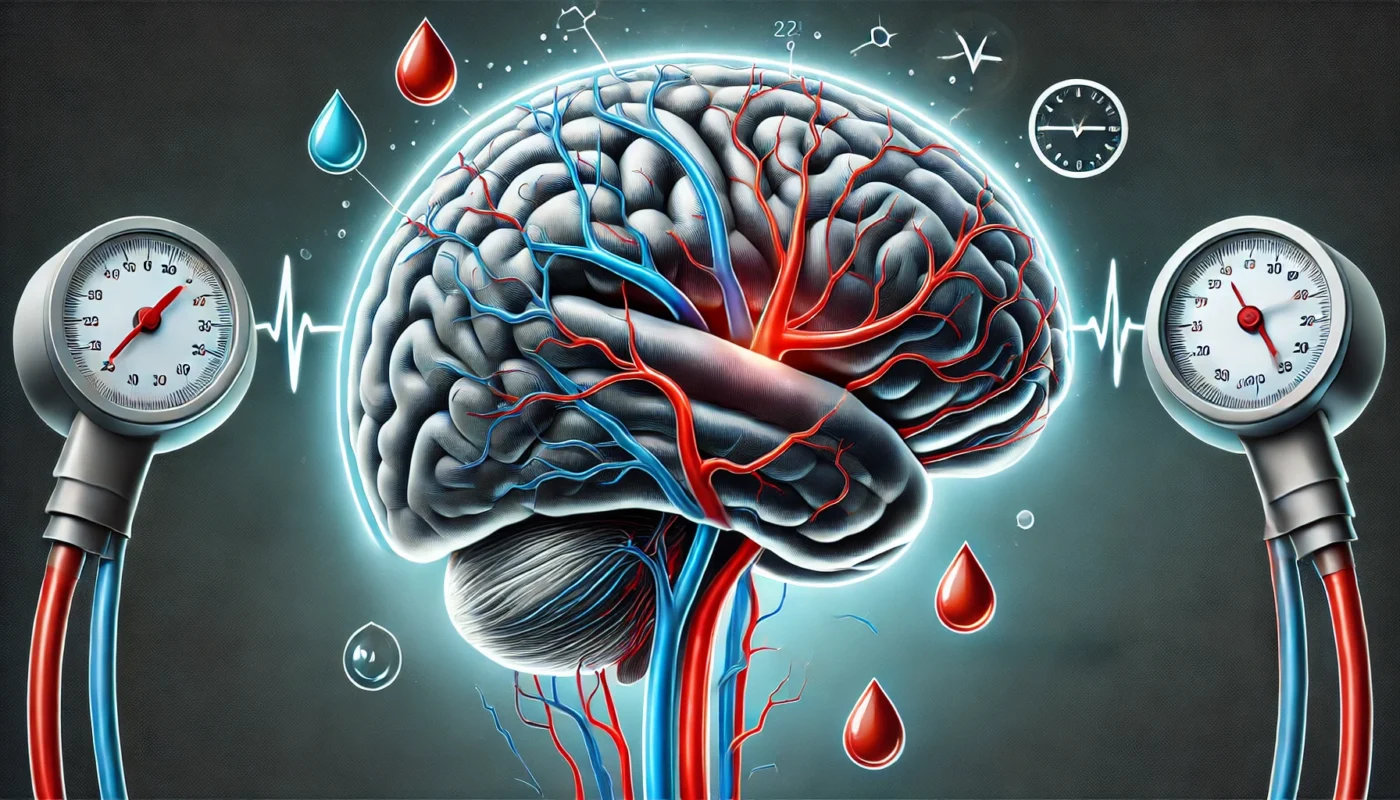Hypertension, or high blood pressure, is a leading global health concern, affecting over 1.28 billion adults and contributing significantly to cardiovascular disease, stroke, and kidney failure. While the primary drivers of hypertension include diet, lifestyle, and genetics, recent research suggests that environmental factors, particularly those associated with climate change, may also play a role in its prevalence and treatment. As global temperatures rise, so do the challenges for managing hypertension. This article explores how climate change influences hypertension trends and offers insights into potential solutions to mitigate its effects.
Tag Archives: Nutritional Support
Hypertension, or high blood pressure, is a global health epidemic, affecting nearly 1.28 billion adults worldwide according to the World Health Organization (WHO). It is a leading cause of cardiovascular disease, stroke, and kidney failure, yet its connections to other health issues, particularly cancer, are often overlooked. Emerging research highlights a potential link between hypertension and an increased risk of cancer, prompting questions about shared mechanisms and causative factors. This article delves into the overlapping pathways between hypertension and cancer, the evidence supporting their connection, and what this means for prevention and treatment strategies.
Hypertension, or high blood pressure, is one of the most prevalent chronic health conditions, affecting nearly half of adults globally, according to the World Health Organization (WHO). Often called the “silent killer” due to its lack of symptoms, hypertension is a major risk factor for cardiovascular diseases, stroke, and kidney failure. However, its effects on brain health, specifically cognitive decline, are less well-known but equally concerning. Research increasingly points to the significant role hypertension plays in accelerating cognitive impairments, contributing to conditions such as vascular dementia and Alzheimer’s disease. This article explores the connection between hypertension and cognitive decline, the mechanisms driving this relationship, and innovative treatments that may mitigate the long-term effects of high blood pressure on the brain.
Hypertension, or high blood pressure, is a global health challenge affecting over 1.28 billion people worldwide. It is a significant contributor to cardiovascular diseases, stroke, and kidney failure. While lifestyle modifications and medications are effective for many, approximately 10–20% of individuals experience resistant hypertension, a condition where blood pressure remains elevated despite the use of three or more antihypertensive medications. This unmet need has driven interest in innovative therapies, including neural stimulation devices. These devices target the nervous system to modulate blood pressure regulation, offering hope for patients with difficult-to-control hypertension. This article reviews the science, current research, and future potential of neural stimulation devices for hypertension management.
Hypertension, or high blood pressure, is one of the leading causes of cardiovascular disease, affecting over 1.28 billion adults worldwide according to the World Health Organization (WHO). Despite the availability of antihypertensive medications and lifestyle interventions, many individuals struggle with resistant hypertension—high blood pressure that remains uncontrolled despite the use of at least three antihypertensive drugs. For these patients, renal denervation (RDN) offers a promising minimally invasive solution. This article explores the mechanism of RDN, recent advancements in the field, and the effectiveness of this innovative procedure in reducing blood pressure.
Hypertension, or high blood pressure, is a leading global health concern, affecting nearly 1.28 billion adults, according to the World Health Organization (WHO). Despite the availability of medications and lifestyle interventions, hypertension remains a major contributor to heart disease, stroke, and kidney failure. Clinical trials play a pivotal role in advancing the understanding and treatment of this pervasive condition. By participating in clinical trials, individuals not only gain access to cutting-edge therapies but also contribute to the scientific discoveries that shape future hypertension treatments. This article explores the benefits, risks, and opportunities of joining hypertension clinical trials, providing a comprehensive guide for those considering participation.
Hypertension, or high blood pressure, is a global health challenge affecting over 1.28 billion adults worldwide, according to the World Health Organization (WHO). Often dubbed the “silent killer,” hypertension typically presents no symptoms but significantly increases the risk of cardiovascular diseases, stroke, and kidney failure. Traditional methods of diagnosing and managing hypertension, while effective, are largely reactive, focusing on treating the condition after it develops. Recent advances in artificial intelligence (AI) are transforming this landscape by enabling predictive analytics to identify individuals at risk before hypertension manifests, paving the way for earlier intervention and improved health outcomes.
Hypertension, or high blood pressure, affects nearly half of the global adult population, according to the World Health Organization (WHO). While it is widely known as a leading cause of heart disease, stroke, and kidney failure, its connection to mental health often remains underexplored. Emerging research highlights a bidirectional relationship between hypertension and psychological well-being, where high blood pressure influences mental health, and mental health challenges, in turn, exacerbate hypertension. This article explores the hidden impact of hypertension on mental health, the underlying mechanisms driving this relationship, and strategies to manage both conditions effectively.
Hypertension, or high blood pressure, is one of the most common chronic health conditions globally, affecting nearly half of all adults. It is a leading risk factor for cardiovascular disease, stroke, and kidney failure, making its management a priority for millions. While medications and lifestyle changes like diet and exercise are well-documented interventions, alternative approaches such as mindfulness and meditation have gained increasing attention as tools for lowering blood pressure. This article critically reviews the science behind meditation and its role in hypertension management, exploring the evidence, mechanisms, and practical implications for integrating meditation into a comprehensive treatment plan.
Hypertension, or high blood pressure, affects nearly half of adults worldwide and is a leading risk factor for heart disease, stroke, and kidney failure. While physical factors such as obesity, poor diet, and lack of exercise are well-recognized contributors, the psychological components of hypertension are often overlooked. Chronic stress, anxiety, and unhealthy thought patterns can significantly impact blood pressure regulation, making mental health an integral aspect of hypertension management. Cognitive Behavioral Therapy (CBT), a structured and evidence-based psychotherapeutic approach, offers tools to address these psychological factors, empowering individuals to gain better control over their blood pressure. This article explores the role of CBT in hypertension management, its mechanisms, and how it complements traditional treatments.










